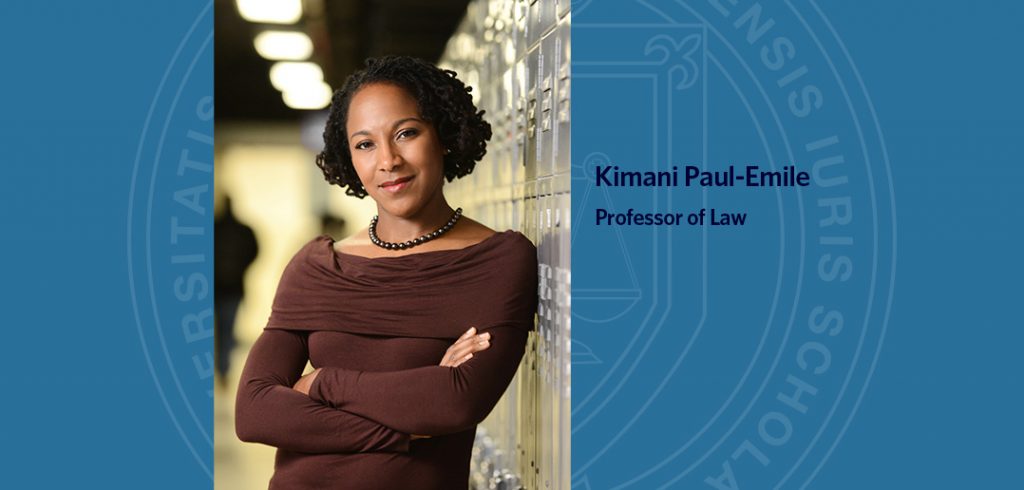Professor Kimani Paul-Emile shares her expert opinion with The Washington Post on different approaches to combatting racial discrimination in the health care system.
The coronavirus pandemic has highlighted the vulnerability of black Americans, who are 3.6 times more likely than whites to die of covid-19. In Atlanta, for example, nearly 80 percent of patients hospitalized with the disease were black, according to a report by the Centers for Disease Control and Prevention.
Hiring of more black staff members at area hospitals was among a list of “demands” posted last week by occupiers of a protest zone in Seattle’s Capitol Hill neighborhood — a six-block area the police have abandoned as protesters turned it into an activist commune.
“We demand the hospitals and care facilities of Seattle employ black doctors and nurses specifically to help care for black patients,” the Medium post says.
But medical facilities can’t hire providers of a certain race specifically to treat patients of a certain race.
That would be considered segregation in the eyes of the law, according to Kimani Paul-Emile, professor of law at Fordham University and associate director of its Center on Race, Law and Justice.
There is legal room for patients to turn down treatment, including treatment from a particular doctor, she said. Legal grounds are especially strong for patients to reject treatment from a certain doctor on health grounds — such as if a woman who survived sexual assault doesn’t want to see a male doctor, for example.

